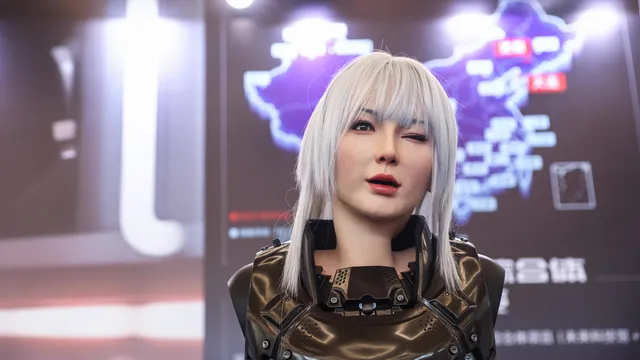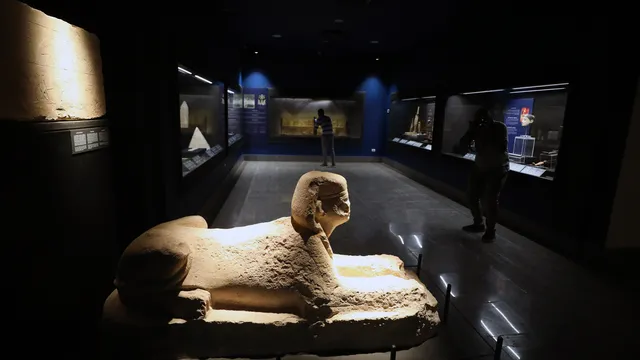Billionaire businessmen and AI company leaders, including OpenAI CEO Sam Altman and Tesla founder Elon Musk, are spearheading projects to integrate artificial intelligence and biotechnology into the human body, warns a philosophy professor in an interview with Anadolu Agency, emphasizing the need for ethical frameworks to prevent “dehumanization.”
Altman is preparing to launch Merge Labs, a brain-computer interface company set to compete directly with Musk’s Neuralink, according to the Financial Times.
Ahmet Dağ from Uludağ University in Bursa, Turkey, explains that the goal of these projects is to overcome human biological limitations by enhancing mental, physical, and cognitive abilities. He notes that the theory and debate on “transhumanism” began with Ray Kurzweil, a former Google engineer, before Musk and Altman entered the field.
“The technological singularity, highlighted by Musk’s Neuralink in 2021, aims to transfer human consciousness into machines through brain interfaces and implants,” says Dağ. “Altman’s involvement indicates that this technology will transform healthcare and education, but it will also bring global economic and social changes.”
According to him, the motive of transhumanism is humanity’s desire to constantly transcend limits and create new forms of existence. Diseases, aging, and death are attempted to be overcome through technologies that allow treatment of paralysis or elimination of illnesses such as Alzheimer’s via implants and biotechnical interventions.
“Transhumanism advocates believe that immortality is possible through transferring consciousness into machines. This technology could address global crises such as climate change, epidemics, and hunger, but it will also trigger new social, ethical, and cultural debates,” he adds.
Dağ warns that brain interfaces, AI implants, genetic engineering, and “mind uploading” could fundamentally change the meaning of human existence. “If these projects are implemented even partially, the organic nature of humans and concepts like consciousness, identity, free will, freedom, and equality will be called into question.”
Linking transhumanism to myths and history, Dağ notes: “The example of Prometheus and Gilgamesh’s quest for immortality shows humanity’s desire to transcend limits — a desire that led to the Enlightenment and the drive to master nature.” Industrialization and digitalization in the 20th century also transformed labor and lifestyles, bringing the human mind closer to technology.
He describes the debate on transhumanism as one of the most radical turning points in modern history, warning of the risk that humans could become “mere technological devices.” “Humans are more than biological bodies or cognitive machines — they are cultural and metaphysical beings. Treating humans as optimizable organisms risks dehumanization — the loss of true and essential values.”
Still, Dağ acknowledges the benefits of these technologies for education and healthcare and their role in addressing global crises, stressing that they must be governed within frameworks of justice, ethics, equality, and dignity. “Without these frameworks, the technological singularity could enslave humanity, but with them, it can liberate it. The real question is not how far technology can go, but what values these horizons will allow.” | BGNES

 Breaking news
Breaking news
 Europe
Europe
 Bulgaria
Bulgaria







